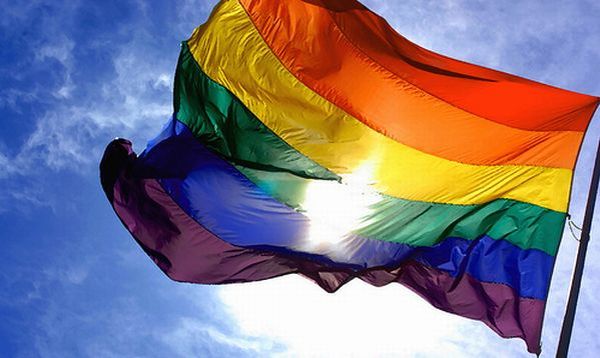Authorities were expecting as many as 300,000 people to take part Saturday in the 44th edition of Mexico City’s LGBT+ Pride March after a two-year hiatus due to the Covid-19 pandemic.
(REUTERS).- The procession began at the Angel of Independence monument and made its way down the Paseo de la Reforma and other main thoroughfares to the Zocalo, the capital’s giant main square.
“We are here to struggle for all the people of the community who are no longer with us and for all the people who in various ways have made this movement,” businessman and Pride and Dignity Committee member Sergio Angel Saldivar told Efe.
Mexico City Mayor Claudia Sheinbaum was at the Angel monument for the official start of the march and accepted a document from LGBT+ activity putting forth the community’s needs and concerns.
The two years when the Pride March had to be called off because of the pandemic saw a significant increase in representation of LGBT+ people in state legislatures and the federal Congress, which has in turn been reflected in certain laws to protect their community.
Even so, an average of 6.5 LGBT+ people a month are slain every month in Mexico for reasons related to their sexual orientation, according to the organization Letra Ese.
Last year, 78 killings of LGBT+ people met the criteria of a hate crime, Letra Ese said in a report.
Another study, by the Murdered Trans Persons Observatory, found that Mexico ranked second globally in the number of homicides of trans and gender-divergent people during the 12 months ending Sept. 30, 2020, with 52 killings.
Brazil led the world with 152 murders of trans people.
The first organized gay rights demonstration in Mexico City took place in 1979, a decade after the Stonewall riots in New York City that marked a turn to militancy by LGBT people in the face of police repression.
It was to commemorate Stonewall that the world’s first Pride March was held in the Big Apple on June 28, 1970.
TYT Newsroom


